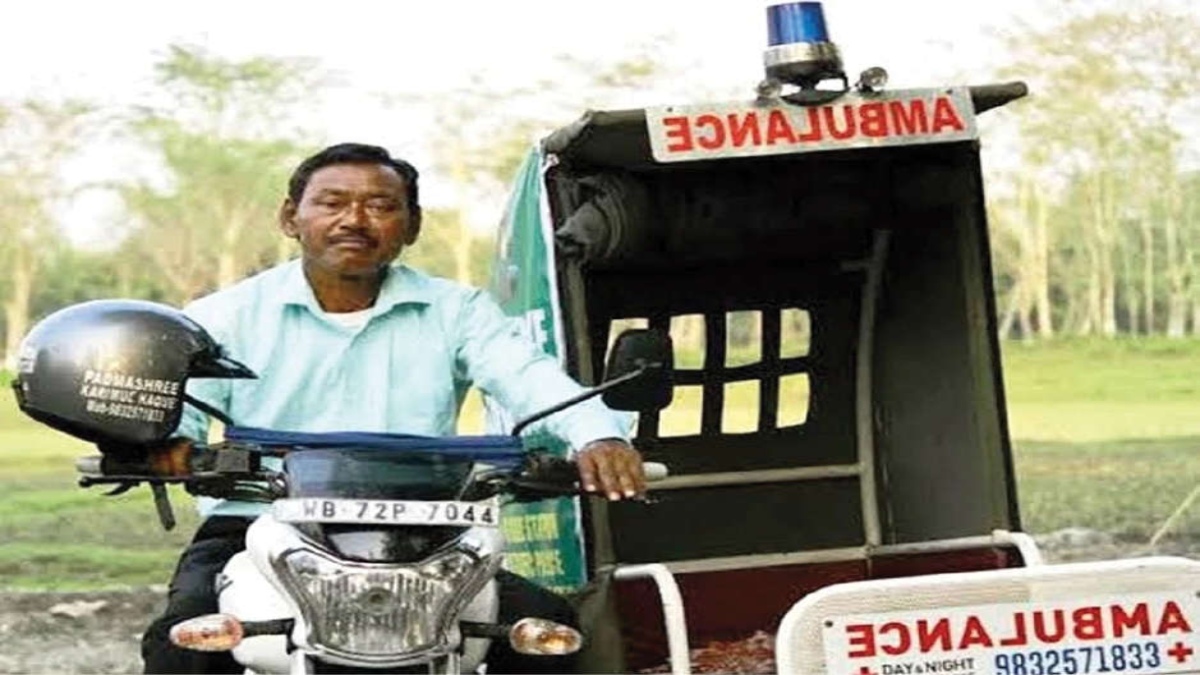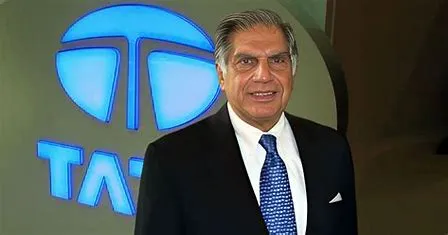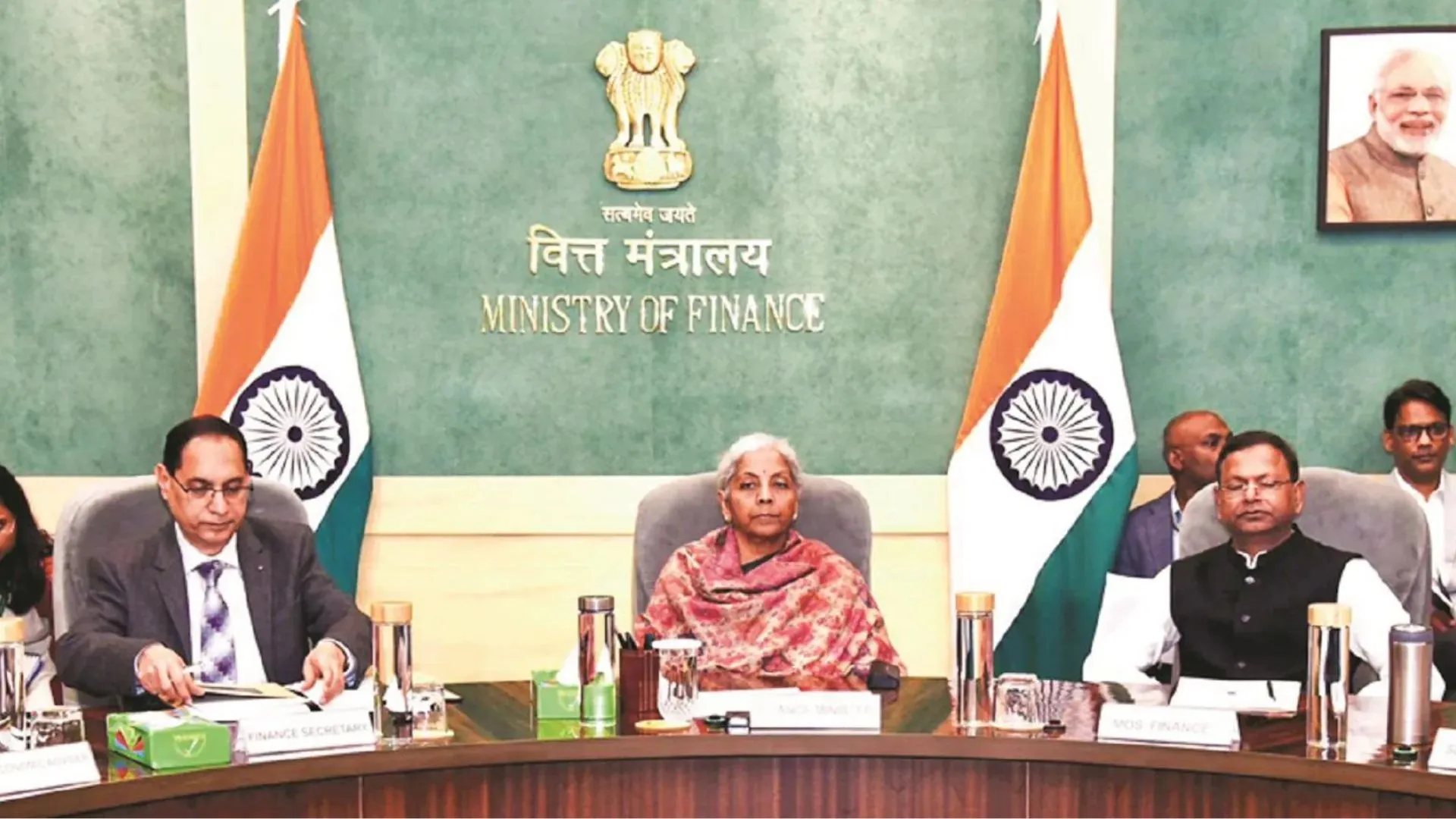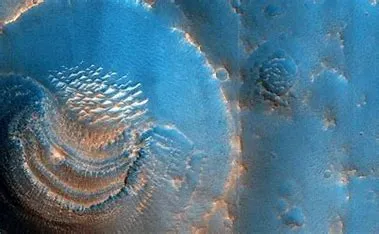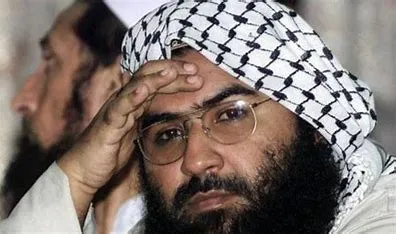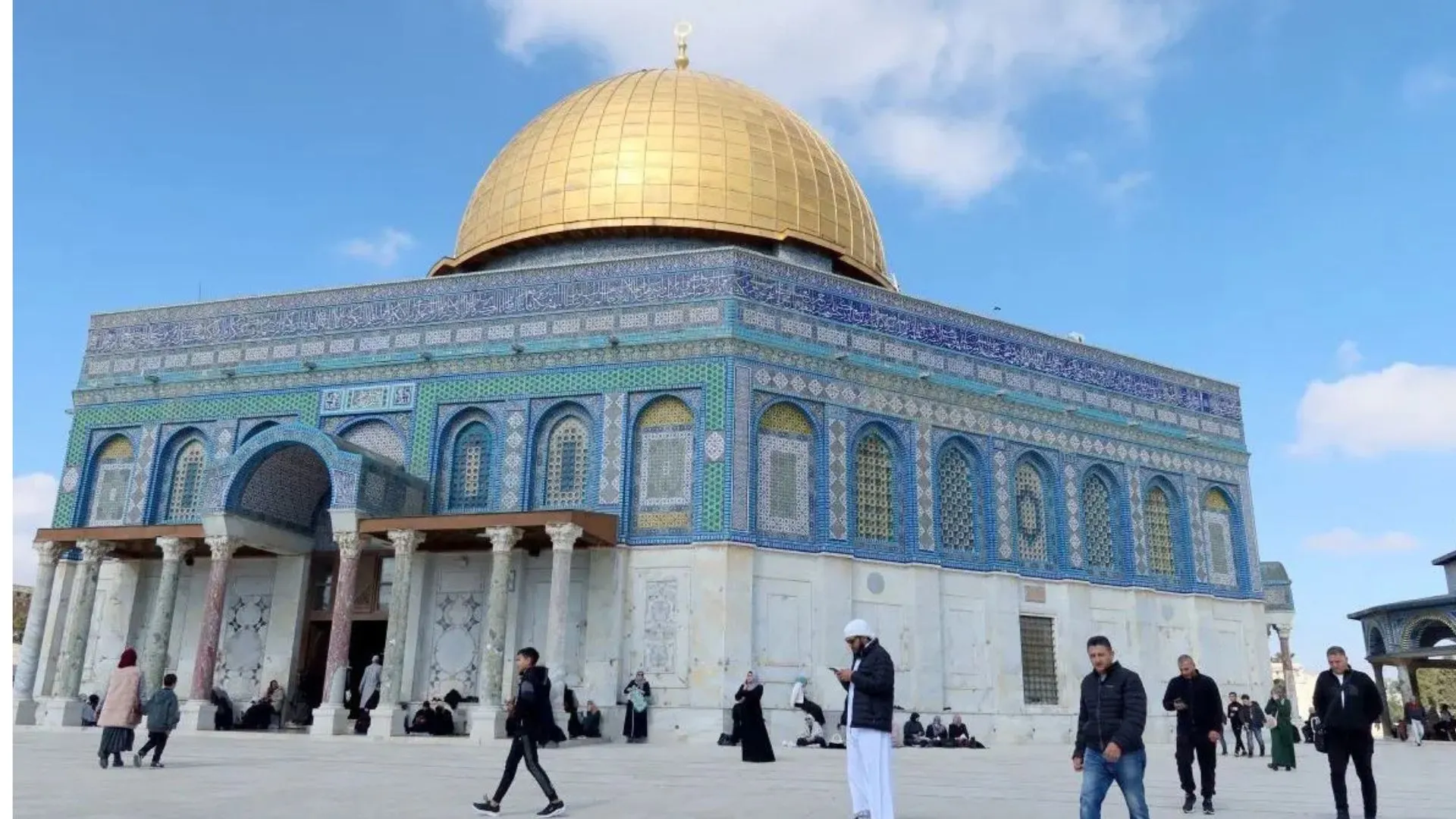In those pre-telecom revolution days, only a privileged few had landline phones; the common man using a mobile phone was a distant dream, and it was rare for poor families to have a landline. That’s why a frantic Karimul Hak had to rush to Kranti Bazaar, about 3 km from his home, on that wintry night, to find even a car to take his mother to the hospital. He knew getting hold of an ambulance would be impossible. Karimul sought help from a businessman who had an Ambassador car and was willing to help, but his driver was unavailable that night.
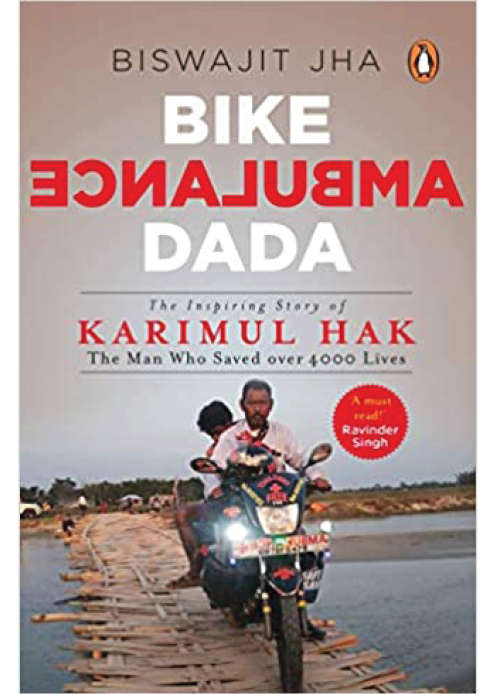
Karimul knew there was little time to waste: if he failed to take his mother to the hospital right away, he would lose her. She had been gasping when he had left home to look for a doctor. He could feel his whole world falling apart in front of him. But there was little he could do.
Faced with this emotionally overwhelming crisis, Karimul was unable to think clearly. All he could do was pray to God to save his mother—or rather beseech Allah to send an ambulance. Helpless, Karimul sat on the roadside and broke down, crying his heart out. Then, remembering the pain etched on his mother’s face, he dashed home, to his mother’s bedside. Holding her hand, Karimul tearfully apologized to his unconscious mother for his inability to take her to the hospital. Soon after, in front of his own eyes, his mother breathed her last.
After that Karimul became despondent. That his mother had died without proper treatment, that he couldn’t take her to the hospital because there was no ambulance in their locality gnawed at him, haunted him.
For many great people, a trigger changes the course of their lives, prompting them to think radically and do the impossible, the unthinkable. Jafarunnesa’s death was that moment for Karimul, the one that changed his life completely. For the next six months or so, he could not sleep properly, could not talk to anyone properly, and could not eat properly. The circumstances of his mother’s death tortured him. He would often have nightmares of his mother dying without treatment, making him relive that moment again and again. Karimul stayed away from work for months, brooding day and night.
Eventually, the thought of doing something for the poor, who mostly die because of the lack of proper and timely medical attention, or the lack of ambulance services, took root in his mind.
IN THE LIMELIGHT
His story did not cross the borders of West Bengal before 2016, until Bajaj V, the motorbike that was built using a partial amount of scrap metal from the decommissioned INS Vikrant, launched an initiative called ‘Invincible Indians: Stories That Invoke Pride Every Day’. This was a unique effort to unearth stories of ordinary Indians who, by their sheer grit, fortitude and guts, performed extraordinary acts to serve society.
To bring the selfless service of such people into the limelight, Bajaj Auto released five digital documentaries, conceptualized and created by Leo Burnett India. The films portrayed the lives of five “invincible Indians”: Vijaylakshmi Sharma, Om Prakash Sharma, Chewang Norphel, Bipin Ganatra and Karimul Hak.
The story of Karimul Hak fit the bill perfectly, as his work was related to the motorbike. Bajaj found Karimul Hak, the man who took patients to the hospital on his motorbike, to be the most apt for the promotion of the Bajaj V motorbike. The team came to his village and stayed at a nearby resort for seven days to shoot the documentary. After that, Karimul was taken to Nashik, where he was given a bike ambulance specially designed for him. The last scene of the documentary, where he is seen removing the cloth covering the bike, was a genuine one, not staged. The team had not disclosed to Karimul that he would be given this new bike ambulance. He was taken to a room where a large object lay hidden under a cloth. He was then asked to remove the cloth. Karimul did as he was told, and when he saw the specially designed bike ambulance that could comfortably carry a patient, he broke down. The scene is captured wonderfully in the documentary, and Karimul’s reaction is likely to tug at the heartstrings of anyone watching it. Fitted with a waterproof stretcher and ports for oxygen cylinders, the specially designed Bajaj V15 motorcycle ambulance is now his faithful companion.
A SELFIE WITH PM
In November 2017, eight months after Karimul was awarded the Padma Shri, he received a letter from Rashtrapati Bhavan, inviting him for the year’s ‘At Home’ reception on 26 January 2018, on the occasion of Republic Day. Every year, on Independence Day and Republic Day, the President holds an ‘At Home’ ceremony at Rashtrapati Bhavan, to which the Prime Minister and his cabinet, the leader of the Opposition, MPs and the Padma awardees of that year are invited.
It is a dream invitation for anyone, but Karimul did not have enough money to go to Delhi. After discussing the matter with his family, he decided to skip it. However, the news of his inability to be present at the prestigious event was published in different newspapers and, subsequently, different news channels too covered it.
As soon as this news got out, help poured in from several quarters. Two social organizations came forward to help him. They bought round-trip flight tickets for him and convinced Karimul to attend the event, as they saw it as a not-to-be-missed opportunity to meet both the President and the Prime Minister of the country.
Karimul checked into a hotel in New Delhi the day before the programme. On the day of the event, since he did not have the luxury of taking a cab, he boarded a bus, which took him close to Raisina Hill. From there, he walked to Rashtrapati Bhavan. However, he was stopped at the main gate. On being questioned, Karimul informed the security personnel that he was an invitee to the ‘At Home’ event, but they were not convinced. Their suspicion was natural: who on earth walked to such a prestigious, high-profile event!
Ironically, Karimul was carrying the free parking slip that had been sent along with the invitation card. He showed the invite as well as the parking slip to the guards. They then contacted the authority concerned inside Rashtrapati Bhavan, who confirmed Karimul’s invitation. Finally, he was permitted to enter the hallowed grounds of the Rashtrapati Bhavan.
Not only did Karimul feel shy at such an august occasion, but he was also lost as he had no experience whatsoever of attending events of this magnitude, glamour and significance. To add to his misery, he did not know English. Suddenly, he saw Prime Minister Modi on his way down the barricaded receiving line. The Prime Minister spotted Karimul and stopped to chat with him. Karimul was awestruck and did not know what to do. He finally asked the Prime Minister for a selfie. Modi readily agreed, but as Karimul fumbled with his phone – he was not very comfortable with a smartphone – the Prime Minister took the phone from him and took the selfie.
For Karimul, it was a dream come true. Till date, he can’t believe that the Prime Minister remembered an ordinary person like him. What struck him most was that the Prime Minister had asked him about the bridge over the Chell. He is certain that there is ‘something extra’ about Prime Minister Modi which sets him apart from all other leaders. So fascinated is he with this meeting with the Prime Minister that wherever he goes, he happily shares his ‘selfie story’.

